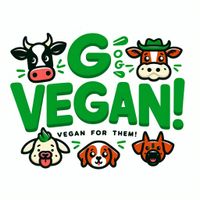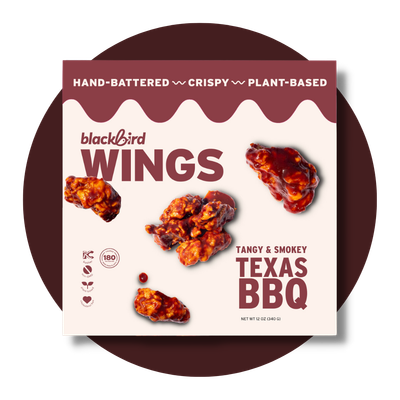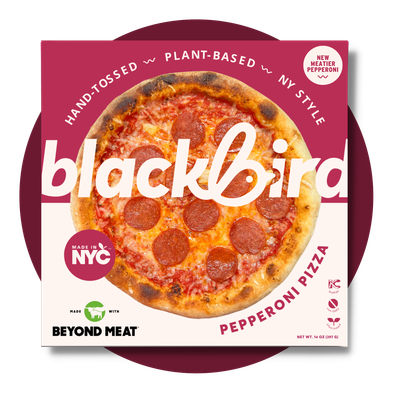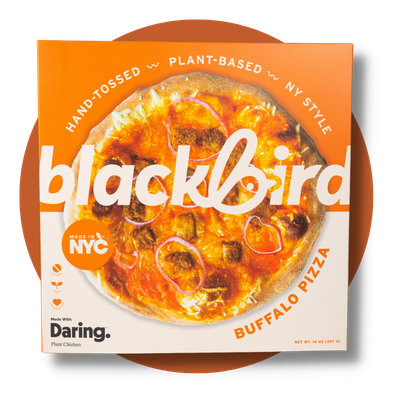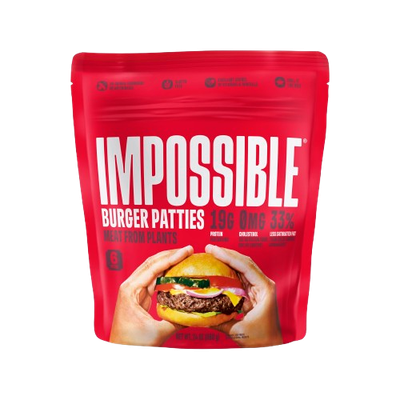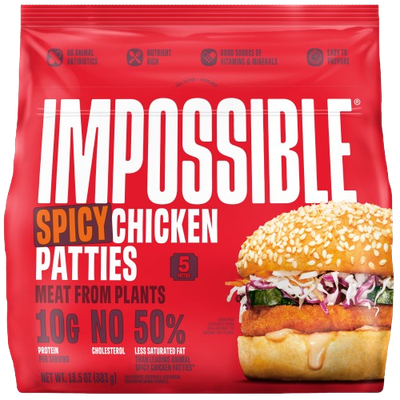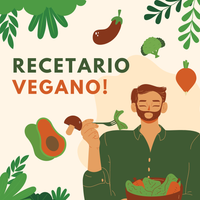

GOVegan.Com
WE ARE AT EL TUNCO BEACH!


The First Vegan/ FastFood Restaurant in El Salvador!
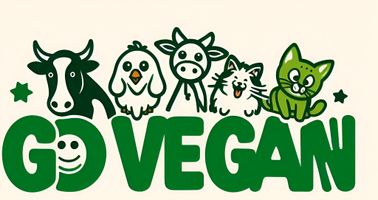


PLANT BASED FOOD BENEFITS
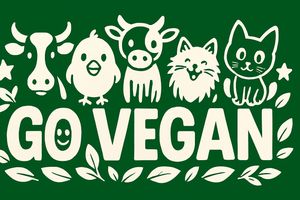
ABOUT US!
"Welcome to the visionary world of GOVegan, where compassion meets culinary innovation! Founded in January 2024, from the heart of El Salvador, we're on a mission to revolutionize the way people eat and think about food. "At GOVegan, we're forging alliances with leading foreign companies specializing in dairy and plant-based meats. By partnering with them, we're bringing their innovative products to create the perfect plant-based dishes! introducing locals to a new world of delicious, cruelty-free!
At GOVegan we're not just about creating vegan dishes, we're about sparking a movement. Through our meticulously curated selection of vegan and plant-based delights, we're introducing the vibrant flavors and undeniable health benefits of a plant-powered lifestyle to the people of El Salvador.
We're committed to raising consciousness about the harsh realities of slaughterhouses and the profound impact of our food choices on animals, the environment, and our own well-being.
GOVegan is poised to make history by launching the first large-scale fast-food vegan chain restaurant in El Salvador.
Join us on this extraordinary journey as we pave the way for a brighter, kinder, and more delicious future with GOVegan.com!"
Horror: The Truth Behind Slaughterhouse Practices"
The reality of what happens to animals in slaughterhouses can be quite disturbing and often involves practices that many people find deeply troubling. Here's an overview of what commonly occurs:
Handling and Transport: Animals are often transported long distances in cramped conditions, causing stress and injury. Many suffer from dehydration, heat stress, and exhaustion during transportation.
Slaughter Process: Once at the slaughterhouse, animals are typically herded into holding pens, where they wait before being moved to the kill floor. This process can be highly stressful for the animals, as they can smell the blood and hear the sounds of other animals being slaughtered.
Stunning and Killing: Most animals are stunned before slaughter to render them unconscious and minimize suffering. However, stunning methods can be unreliable, leading to instances where animals are not properly rendered unconscious before slaughter. In some cases, animals are killed without being stunned first.
REASONS TO GO VEGAN!
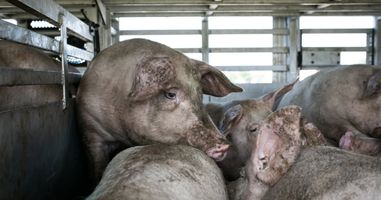
THEM
STOP THE ANIMAL GENOCIDE NOW!
Stopping animal cruelty and promoting ethical treatment of animals is an important cause. It's crucial to advocate for more compassionate and sustainable practices in our food systems. By promoting plant-based diets and supporting initiatives that prioritize animal welfare, we can work towards a world where animals are treated with dignity and respect.
The average vegan avoids consuming around 200 animals per year, mainly consisting of birds, fish, and mammals such as chickens, pigs, cows, and fish. This is because vegans do not consume animal products such as meat, dairy, eggs, and seafood.
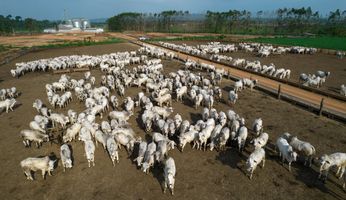
OUR PLANET
GO VEGAN, SAVE THE PLANET!
Greenhouse Gas Emissions: Animal agriculture is a significant contributor to greenhouse gas emissions, including methane and nitrous oxide, which are more potent than carbon dioxide. By reducing or eliminating animal products from our diets, we can decrease our carbon footprint.
Deforestation: Livestock farming is a leading cause of deforestation, especially in regions like the Amazon rainforest. Clearing land for grazing and growing feed crops for livestock contributes to habitat destruction and loss of biodiversity.
Water Usage: Animal agriculture is extremely water-intensive. Producing meat, dairy, and eggs requires vast amounts of water for irrigation, feed production, and animal care. Going vegan can help conserve water resources and alleviate pressure on freshwater ecosystems.
Pollution: The runoff from animal farms contains harmful pollutants such as antibiotics, hormones, and nitrogen, which can contaminate waterways and soil, leading to environmental degradation and ecosystem disruption.
Species Extinction: Industrial animal farming contributes to habitat destruction and threatens wildlife populations. By transitioning to a vegan diet, we reduce the demand for animal products and help protect endangered species and their habitats.
Energy Consumption: Producing animal products requires more energy inputs compared to plant-based foods. By choosing vegan options, we can reduce the energy demand associated with food production and processing.

YOUR OWN HEALTH
"BOOST YOUR HEALTH, GO VEGAN!"
Lower Risk of Chronic Diseases: A plant-based diet is associated with a reduced risk of chronic diseases such as heart disease, diabetes, hypertension, and certain types of cancer. It can help lower cholesterol levels, improve blood sugar control, and reduce inflammation in the body.
Weight Management: Vegan diets tend to be lower in calories and saturated fats, making them effective for weight management and reducing the risk of obesity.
Increased Nutrient Intake: By focusing on a variety of fruits, vegetables, whole grains, nuts, seeds, and legumes, you can increase your intake of essential nutrients such as fiber, vitamins, and minerals.
Improved Digestive Health: Plant-based diets are rich in fiber, which promotes healthy digestion and can reduce the risk of constipation, diverticulitis, and other digestive issues.
Better Skin Health: Consuming a diet rich in fruits, vegetables, and antioxidants can improve skin health, reducing the risk of acne, eczema, and other skin conditions.
Enhanced Energy Levels: Plant-based foods are typically easier to digest and can provide sustained energy throughout the day, leading to increased vitality and productivity.
Lowered Risk of Foodborne Illnesses: Vegan diets eliminate the risk of foodborne illnesses associated with animal products, such as salmonella and E. coli infections.
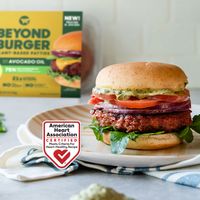
DELICIOUS 100% PLANT-BASED OPTIONS
Plant-based foods like chickpeas and veggie burgers can be a better option than animal foods for several reasons:
Health Benefits: Plant-based foods are typically lower in saturated fat and cholesterol compared to animal products, making them beneficial for heart health and reducing the risk of chronic diseases like heart disease, diabetes, and certain cancers.
Nutritional Value: Plant-based foods are rich in essential nutrients such as fiber, vitamins, minerals, and antioxidants, which are important for overall health and well-being. They also contain phytonutrients that are not found in animal foods.
Lower Environmental Impact: Producing plant-based foods requires fewer resources like land, water, and energy compared to animal agriculture, making them more environmentally sustainable and reducing greenhouse gas emissions.
Ethical Considerations: Choosing plant-based options helps reduce animal suffering and promotes ethical treatment of animals by avoiding their exploitation for food production.
Food Safety: Plant-based foods are less likely to be contaminated with bacteria such as E. coli, Salmonella, and Campylobacter, which are commonly found in animal products, reducing the risk of foodborne illnesses.
Diverse Culinary Options: Plant-based foods offer a wide variety of flavors, textures, and culinary possibilities, allowing for creative and delicious meals without the need for animal products.
Economic Benefits: Plant-based foods can often be more affordable than animal products, making them accessible to a wider range of people and potentially reducing food-related expenses.

"The future is vegan." - Unknown
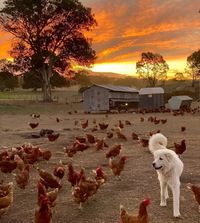
"You can't love animals and eat them too." - Unknown
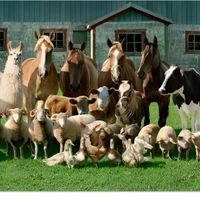
"Every time we sit down to eat, we can choose compassion over cruelty." - Colleen Patrick-Goudreau

